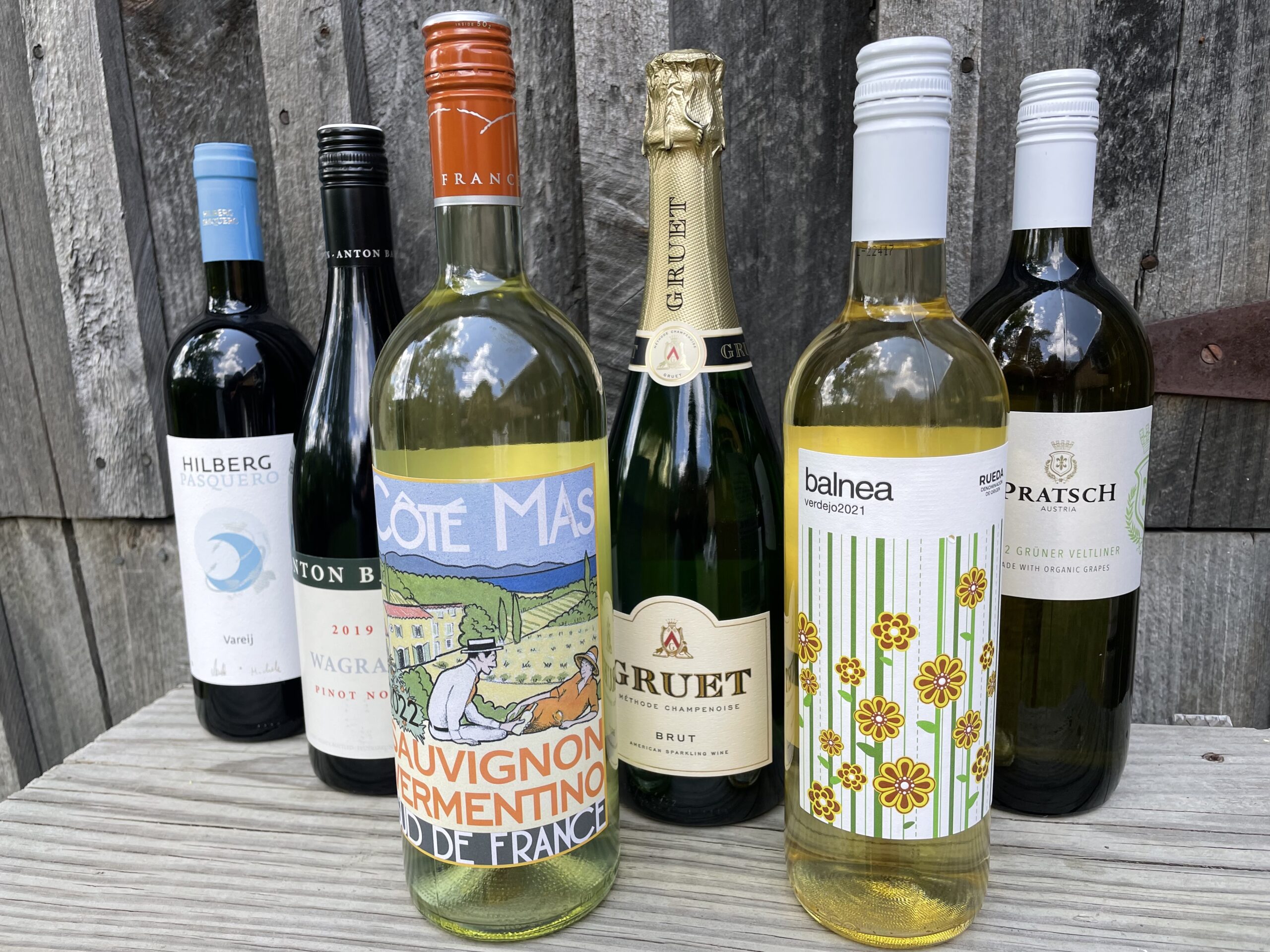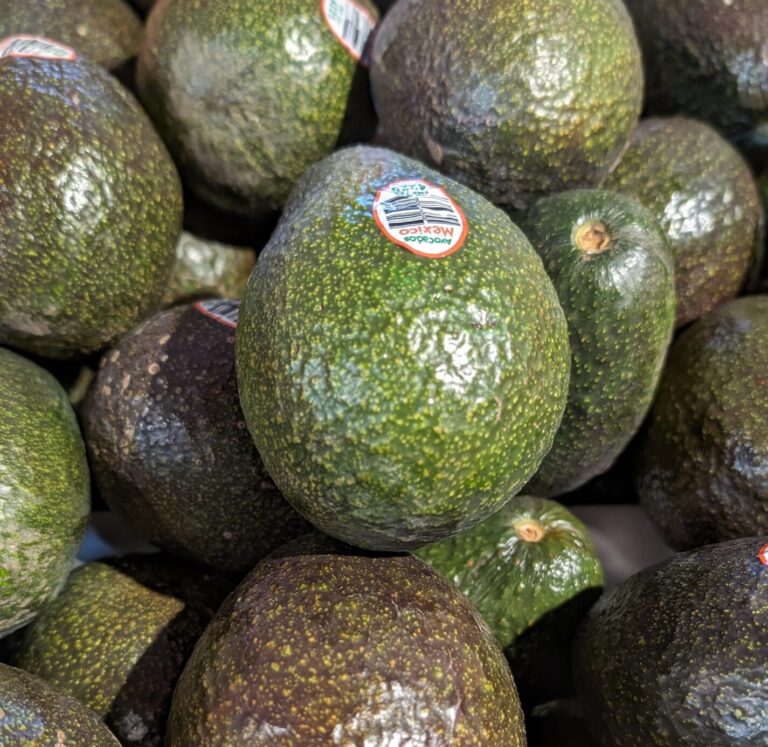
When customers have questions about wine, we run around the store looking for Amelia. She’s been buying wine for the Market for years, and so she’s become our in-house wine guru. One of the questions she often gets is: What makes a wine organic?
Because she’s a naturally helpful person, Amelia put together this handy FAQ to help us all have a better understanding of what “organic” on a wine label actually means.
Q. Is organic wine sulfite-free?
A. No. All wine contains sulfites, which occur naturally. Sulfites act as a natural preservative, and help keep the wine from turning bad. However, many wines are made with additional sulfites in the wine-making process. Often (but not always), organic and “natural” wines are made with no added sulfites.
Q. What’s the difference between organic and “natural” wine?
A. Natural wine is organic, but not all organic wines are “natural.” The Natural wine movement is all about low intervention in the winemaking process—using naturally occurring yeasts, not filtering the juice, and so on. Often, natural wines will have flavors that aren’t considered desirable in other wines, such as funkiness, sourness, or a little yeastiness.
Q. So what is organic wine, exactly?
A. Like organic apples or lettuce, organic wines are made from organic grapes. For thousands of years, all wines were organic, because pesticides hadn’t been invented yet! There’s nothing new about organic wine.
Q. Why are some wines classified as vegan?
A. When wine is filtered to make it clear, the filtering agents used are often egg whites, casein or gelatin. Vegan wines are filtered with bentonite or pea protein.
Q. Is organic the same as biodynamic?
A. No. Biodynamic wines are organic, but they are also made from grapes that have been planted according to lunar cycles, and the soil is treated using certain strict protocols. Biodynamic agriculture was started in the 1920s by Rudolf Steiner, who lectured on the topic in what is now Poland, in an effort to reverse soil depletion from the overuse of chemicals.
Q. How can I tell if a wine is organic?
A. That’s a tough question! Many have a symbol indicating organic certification, but those are different in different parts of the world. Some wineries also follow organic practices but don’t go through the expensive certification process, so can’t legally use an organic symbol. Biodynamic wines are better about indicating certification on their labels; if you see the word “Demeter,” that means it is certified biodynamic.
Q. Are organic wines better than non-organic wines?
A. Not necessarily! But the dedication to producing organic wines indicates a level of care that may not be present in the production of non-organic wines. As with all food choices, the best reason to choose organic wines over non-organic is to minimize the amount of chemicals we ingest from everything we eat and drink.
Happy summer sipping!


